Does Collagen Count as Protein? Plus All Your Collagen Qs Answered
This article may contain affiliate links (which basically means if you buy something from a link on my site, I get a small percentage kickback from it.) However it’s no extra cost to you and it simply helps support this blog. Thank you so much for being here! I so appreciate you and hope you enjoy reading my articles!
As moms, we're always looking for ways to boost our family's health and make sure our kids are growing strong and healthy. One of the trending topics lately is collagen—it's everywhere! But if you're like many moms, you might be wondering: Does collagen count as protein? Can kids take collagen? Let's dive in and answer those questions while exploring how collagen can benefit both you and your little ones.
What is Collagen?
Collagen is the most abundant protein in our bodies, and it plays a vital role in keeping our skin, hair, nails, bones, and joints healthy. It's like the glue that holds everything together. As we age, our body’s natural collagen production starts to decline (this starts as early as our 20s—yikes!), which can lead to wrinkles, weaker joints, and other signs of aging.
Collagen is a bit different from other proteins because it's primarily made up of amino acids like glycine, proline, and hydroxyproline, which are excellent for skin elasticity and joint health but lack some essential amino acids typically found in complete proteins.
Types of Collagen
There are different types of collagen, each with specific benefits for various parts of the body. Here are the three most common types:
Type I: The most abundant type, found in skin, hair, and nails. It’s also important for bones and connective tissues.
Type II: This type is mainly found in cartilage and is great for joint support.
Type III: Often found alongside Type I, this collagen type helps with skin elasticity and organ structure.
Does Collagen Count as Protein?
Yes, collagen is a form of protein, but it's not a complete protein. This means that while collagen is made up of important amino acids, it's missing some essential ones like tryptophan. A complete protein contains all nine essential amino acids, which are crucial for muscle growth, immune function, and hormone production.
So while collagen counts toward your daily protein intake, it shouldn't be your only source of protein, especially if you’re aiming to meet your body's overall protein needs for things like muscle repair or energy.
Can Kids Take Collagen?
I totally get the concern around giving kids supplements. The good news is that yes, kids can safely take collagen, especially if they struggle to get enough protein through their diet. Collagen can support their growing bones, joints, and skin. However, it's important to remember that collagen shouldn't replace a balanced diet but can act as a supplement.
For younger kids, you could start with a small amount (like half a serving) mixed into smoothies or baked goods. It's a great way to support their growth without overloading them on supplements.
Is It Worth It to Give Collagen to Kids, or Is It a Waste of Money?
As moms, we all want to invest in the best for our kids, but when it comes to supplements, it’s natural to wonder—Is giving collagen to kids really necessary, or am I just wasting money on something they don’t need?
Here’s the thing: While collagen is certainly beneficial for kids, it’s not an absolute necessity for most healthy children. Kids naturally produce plenty of collagen because their bodies are growing and developing at a rapid rate. In many cases, a well-balanced diet that includes high-quality protein from whole foods like chicken, fish, eggs, and plant-based sources will provide them with the amino acids they need to support growth, skin, hair, and joint health.
That being said, collagen can still be a helpful addition in certain situations. From a functional medicine standpoint, we look at the individual needs of each child, and in some cases, collagen could be beneficial, especially for kids who:
Have joint pain or are highly active in sports – If your child is an athlete or has joint discomfort from rapid growth spurts, collagen (especially Type II) can help support healthy cartilage and joint function.
Struggle with gut issues – Collagen’s gut-healing properties can be beneficial for kids who have digestive problems like leaky gut, food sensitivities, or even conditions like eczema that might be linked to gut health.
Need extra protein support – If your child is a picky eater and isn’t getting enough protein from whole foods, collagen can help fill in some of those gaps without making them feel like they’re taking a supplement.
If your child is generally healthy, getting enough protein from their diet, and doesn’t have any specific health concerns, adding collagen probably isn’t a must. The functional medicine approach always prioritizes real, whole foods as the first line of defense when it comes to nutrition. So, if your child is getting a variety of nutrient-dense foods, you may not see a dramatic difference by adding collagen.
Foods with Collagen
If you're not into supplements, there are also plenty of collagen-rich foods you can incorporate into your family's diet:
Bone broth: Made from simmering animal bones, this is one of the best natural sources of collagen.
Chicken skin and cartilage: When you cook chicken with the bones, you're getting collagen from the connective tissues.
Fish skin: Like chicken, fish is another great source of collagen, especially the skin.
Egg whites: These contain large amounts of proline, one of the main amino acids in collagen.
How Much Protein Should Women and Kids Get Daily?
Protein needs vary by age, activity level, and individual health, but here's a good rule of thumb:
Women: The Recommended Dietary Allowance (RDA) suggests 46 grams of protein per day for women, though if you’re active or pregnant, you might need closer to 60-70 grams.
Kids: For children, the needs are broken down by age:
1-3 years: about 13 grams per day
4-8 years: about 19 grams per day
9-13 years: about 34 grams per day
Remember, these are baseline amounts. If your kids are highly active or involved in sports, they might need a bit more.
How Much Collagen Should Women Take?
While there isn't a strict guideline for collagen intake, many studies suggest that taking 10-20 grams of collagen per dayis beneficial for women. This can help improve skin elasticity, reduce joint pain, and support hair and nail growth.
How Much Collagen Should Kids Aim For?
For kids, a smaller amount like 2-5 grams a day is sufficient. Collagen powder can be easily added to smoothies, yogurt, or even oatmeal without changing the flavor much, making it an easy addition to their diet.
Does Collagen Count as Protein Powder? Benefits of Both
While collagen does contribute to your protein intake, it's not a replacement for a complete protein powder, which provides all nine essential amino acids. Here are some benefits of each:
Collagen powder: Best for joint health, skin, hair, nails, and gut support. It’s gentle on the digestive system and can help with tissue repair.
Protein powder: Offers complete proteins for muscle growth, energy, and overall bodily functions. Whey or plant-based protein powders are ideal for ensuring you get all the amino acids your body needs.
Collagen Powder vs. Protein Powder
Think of collagen powder as an accessory to your overall wellness routine, while protein powder is a core player. If you’re looking to build muscle, boost metabolism, or support your immune system, you’ll want to prioritize complete proteins. But if you’re more focused on skin health, joint pain, or giving your body extra support as you age (and grow!), collagen is a fantastic addition.
When to Take Collagen
There’s no perfect time to take collagen—it really depends on your routine and what benefits you're looking for. That said, here are a few options based on your goals:
In the Morning: If you’re looking to support gut health, taking collagen in the morning on an empty stomach can help with digestion. Adding it to your coffee or smoothie can also give you a little extra energy to kickstart your day.
Before or After Exercise: If joint support is your main goal, taking collagen about 30 minutes before a workout can help your body use it to strengthen tendons and ligaments. Post-workout, collagen helps with recovery, supporting tissue repair.
Before Bed: Some studies suggest collagen may help with sleep by improving your body's glycine levels. Taking it before bed can be beneficial for better rest and overnight repair.
Ultimately, it’s all about finding what works best for you and your family!
Can You Take Too Much Collagen?
Like with most supplements, moderation is key. The good news is that collagen is generally safe, and there’s no established upper limit. However, taking too much collagen (like more than 30-40 grams a day) could lead to digestive issues, such as bloating or discomfort. Stick to the recommended dose, typically around 10-20 grams per day for adultsand 2-5 grams per day for kids.
If you're getting collagen from food sources (like bone broth or collagen-rich meats), you're unlikely to overdo it, but if you're using powder supplements, make sure you're sticking to the guidelines on the label.
Best Way to Take Collagen
Collagen powder is the most popular and versatile option, and I love it for its convenience! You can easily mix it into:
Smoothies: A kid-favorite way to sneak in some extra nutrition.
Coffee or Tea: Great for moms who want an easy morning boost.
Oatmeal: Perfect for a warm breakfast full of protein and fiber.
Baked Goods: Add it into pancake or muffin batter for a hidden health boost.
Collagen also comes in capsules, but I find powders to be the most versatile, especially for kids.
Can Pregnant Women Take Collagen?
Yes, pregnant women can safely take collagen. In fact, collagen can be incredibly beneficial during pregnancy as it supports skin elasticity (think fewer stretch marks!), joint health, and helps with postpartum recovery. Since collagen is a natural protein that our bodies already produce, it’s generally safe for expecting moms.
However, as with any supplement, it’s always a good idea to talk with your healthcare provider before starting collagen, especially if you're pregnant. They can provide personalized advice based on your unique needs.
How Does Collagen Support Skin, Hair, and Nail Health for Women and Kids?
We moms know that our skin, hair, and nails take a beating—whether it’s from pregnancy, postpartum changes, or just the everyday stress of life. For our kids, growing bodies can also sometimes mean hair that’s thinner than we’d like or skin that’s easily irritated. Collagen, specifically Type I, plays a key role in maintaining strong hair, healthy nails, and glowing skin.
From a functional medicine perspective, we focus on supporting the body holistically. Collagen helps improve the skin’s elasticity, which can be a game-changer for moms dealing with postpartum stretch marks or dry skin. For kids, it can also aid in soothing eczema or dry patches by reinforcing the skin barrier. Adding collagen to their diet ensures that their rapidly growing bodies have the building blocks to support healthy skin and hair. And let’s be real—who doesn’t want their hair to look a little shinier?
Are There Any Side Effects of Collagen for Kids or Adults?
This is one of the top questions I get from concerned moms—Is it safe to give collagen to my kids? The answer is yes, for most people collagen is perfectly safe, with minimal side effects. However, there are a few things to keep in mind.
Occasionally, taking too much collagen could lead to digestive issues like bloating or an upset stomach, particularly if you or your kids have sensitive stomachs. I always recommend starting with a lower dose (especially for kids) and working your way up to the recommended serving.
Functional medicine teaches us that we should always be mindful of how our bodies react to supplements and foods. If your child has any food sensitivities, especially to things like beef or fish (common collagen sources), it’s best to talk to your healthcare provider before starting them on collagen.
What Are Some Kid-Friendly Ways to Incorporate Collagen Into Meals?
As a mom, I totally get that kids can be picky! The idea of adding another supplement into their routine can feel overwhelming. But the beauty of collagen is that it’s virtually tasteless and can be added to so many kid-friendly foods without them even noticing.
Here are some simple ideas:
Smoothies: Collagen blends easily into any smoothie, and it’s an easy way to add extra nutrition to their morning routine. Toss in some berries, a banana, a handful of spinach, and a scoop of collagen, and you’ve got a nutrient-packed drink.
Baked Goods: If your little ones love muffins or pancakes, you can sneak collagen powder into the batter. They’ll never know the difference, and it’s an easy way to get in some extra protein.
Oatmeal or Yogurt: Stir collagen powder into their oatmeal or yogurt for breakfast. It dissolves quickly and doesn’t change the flavor.
For moms, this functional medicine approach is all about making health simple and sustainable. No need to overhaul their entire diet—just small, sneaky additions of collagen can make a big difference.
Is Collagen Beneficial for Kids With Specific Health Concerns Like Joint Pain or Gut Issues?
Growing kids sometimes experience joint pain, especially if they’re active in sports or going through growth spurts. Collagen, specifically Type II, supports joint health by cushioning cartilage, which can reduce inflammation and pain in joints. If your child has complained of sore knees after a soccer game, adding collagen to their diet may offer relief over time.
Gut health is another area where collagen can help. Since collagen is rich in amino acids like glycine, it has been shown to support the gut lining and may improve digestive health. For kids with sensitive tummies or even conditions like leaky gut, collagen can help repair the intestinal wall and improve overall digestion.
In functional medicine, we always look at the root cause of an issue. Supporting your child’s gut health with collagen is just one of the natural ways to tackle chronic issues like stomach pain or joint discomfort without reaching for over-the-counter medications right away.
Can I Take Collagen While Breastfeeding?
Breastfeeding moms often wonder if collagen is safe for them. The answer is yes! Collagen is not only safe, but it’s beneficial for postpartum recovery. Pregnancy and breastfeeding can deplete your body’s nutrient stores, and collagen helps replenish those by supporting skin, hair, and joint health.
Postpartum hair loss? Collagen can help strengthen your hair follicles and encourage regrowth. Achy joints from all that baby carrying? Collagen’s amino acids can support joint flexibility and reduce inflammation.
From a functional medicine viewpoint, nourishing your body during postpartum is crucial. We want to support our body's ability to heal and restore balance. Since collagen is a natural protein your body already makes, supplementing with it while breastfeeding is an easy way to help with recovery.
How Does Collagen Help Postpartum Recovery for Moms?
Postpartum recovery is a marathon, not a sprint. Between sleepless nights, breastfeeding, and carrying your baby around, your body needs some serious TLC. Collagen can play a role in that recovery by promoting tissue repair and reducing joint pain. Stretch marks and loose skin are common postpartum complaints, and collagen helps improve skin elasticity and reduce the appearance of scars.
One overlooked benefit is collagen’s ability to support bone health. During pregnancy, a woman’s body may lose some bone density, and collagen can help rebuild those stores post-pregnancy. It’s a simple way to give back to your body after the immense effort of growing and birthing a child.
What’s the Difference Between Animal-Sourced vs. Marine Collagen?
Not all collagen is created equal! There are two main sources of collagen: animal (usually from cows) and marine (from fish). Both have their benefits, but here’s a quick breakdown:
Animal-Sourced Collagen (Bovine): This type of collagen is great for skin, hair, nails, and joint health. It contains Type I and Type III collagen, which are the most abundant types in the body.
Marine Collagen: Derived from fish, this collagen is highly bioavailable, meaning it’s absorbed quickly by the body. Marine collagen is rich in Type I collagen, making it excellent for skin health and wound healing. It’s often considered a "cleaner" source for people who prefer not to consume bovine products.
From a functional medicine approach, choosing between these two depends on your family’s dietary preferences and health goals. Both are great options, but if your family avoids beef or prefers a more sustainable option, marine collagen might be the way to go.
Are There Vegan or Plant-Based Alternatives to Collagen?
One of the challenges with collagen is that it’s animal-based. For moms following a plant-based diet, this can feel limiting. Unfortunately, there’s no true plant-based collagen since collagen is naturally found in animals. However, there are plant-based alternatives that support your body’s natural collagen production.
These alternatives usually contain ingredients like vitamin C, silica, and amino acids from plant sources that help your body produce its own collagen. While they aren’t exactly collagen, they can still support skin elasticity, hair health, and joint function in a similar way.
In functional medicine, we often talk about bioavailability—how well the body absorbs and uses a substance. While plant-based collagen boosters aren’t the same as animal-based collagen, they can still provide some of the building blocks your body needs to produce collagen naturally.
The Bottom Line
Collagen is a powerful supplement that can be an easy, effective way to boost your family’s health. While it counts as protein, it's best used alongside other complete protein sources. Whether you're aiming to improve your skin, joints, or overall wellness, adding collagen to your daily routine—especially for moms and kids—can be a game-changer.
And hey, anything that can support our kids' growing bodies while helping us feel a little more youthful? That's a win-win in my book!
Remember, as moms, our job is to nourish both ourselves and our little ones—and sometimes, that means finding those easy, science-backed solutions that fit into our already busy lives. Adding collagen to your family’s wellness routine might just be one of them!
Hope this helps you and your family thrive, one step at a time!
Join the Nourished Family Academy Course Today & Take Charge of Your Family Wellness!
You want the best for your family, but between the endless nutrition advice, confusing labels, and picky eaters, it’s easy to feel overwhelmed and stuck. You know how important it is to provide your kids with real, nourishing foods, but where do you even begin? Imagine feeling confident in every choice you make—knowing you’re giving your family the tools to grow, thrive, and avoid the health struggles that so many face today.
With the Nourished Family Academy Course, you’ll get step-by-step guidance, expert tips, and practical solutions to create a balanced, healthy lifestyle for your family. No more confusion or guilt around meals—just simple, effective strategies that work for busy moms like you, trying to support family wellness for now and for generations to come. Picture your mornings filled with easy, nutritious breakfasts and your evenings free from battles at the dinner table, knowing you’re setting the foundation for lifelong wellness for your kids.
Ready to make this change for your family? Click here to get on the waitlist or enroll now, and start your journey towards a healthier, happier home!
Bailey Petrucelli is a Women’s & Family Nutritionist and wellness advocate, passionate about helping moms and families take charge of their health. On her blog, The Peachy Nutritionist, she shares practical tips, empowering holistic wellness information, nutritious recipes, and real-life wellness strategies to empower moms to create a healthy and balanced lifestyle for their families.




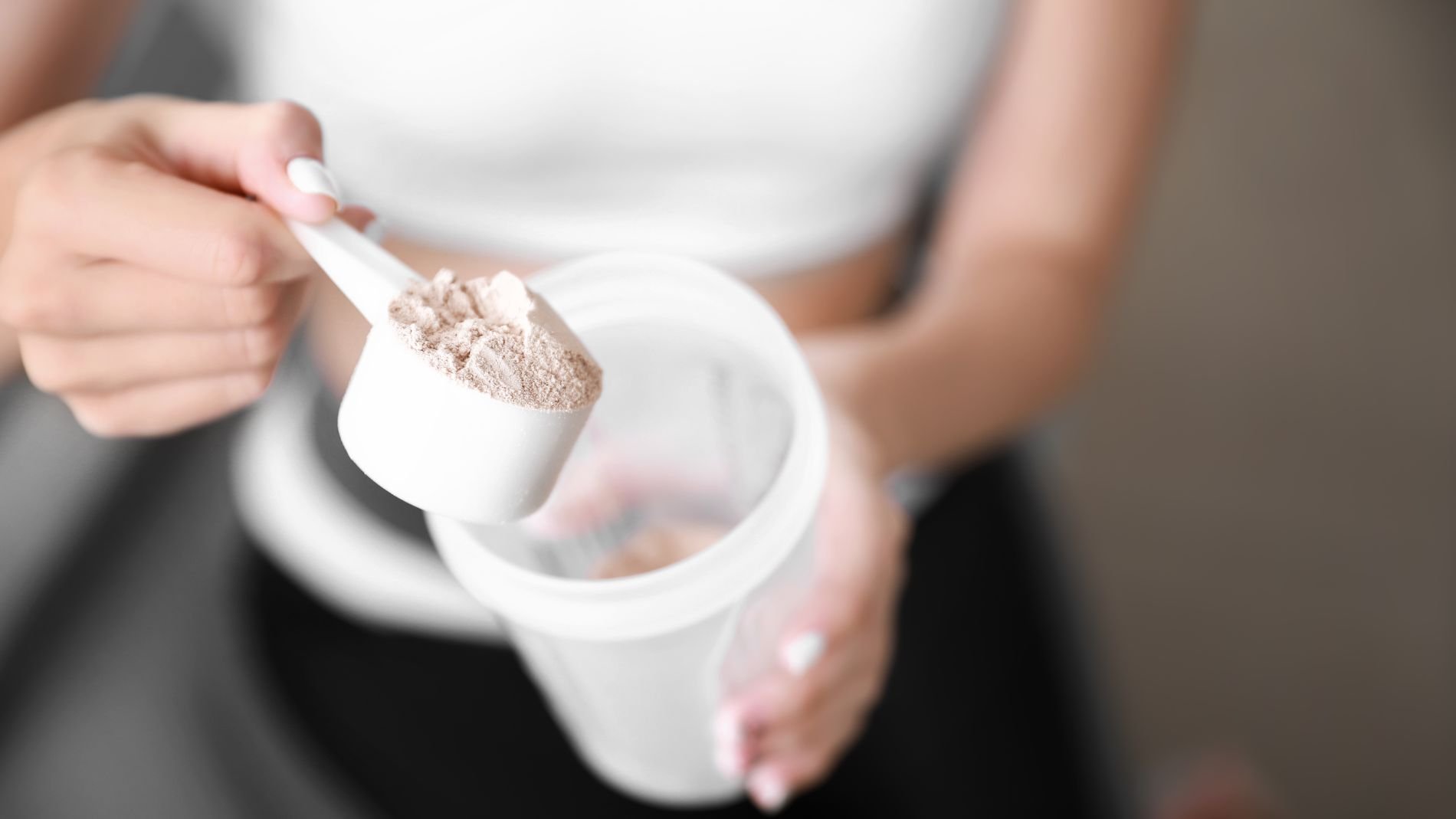











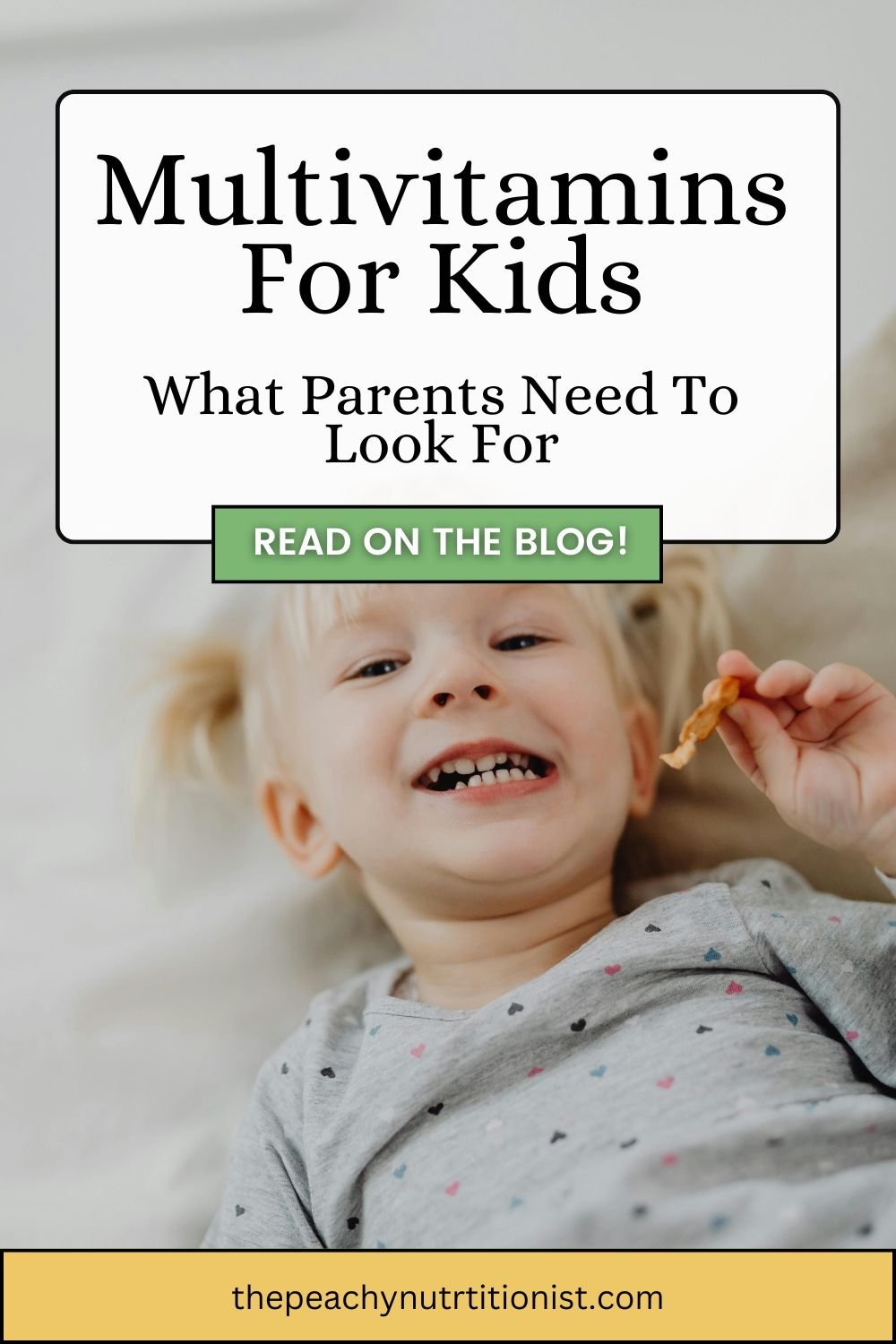















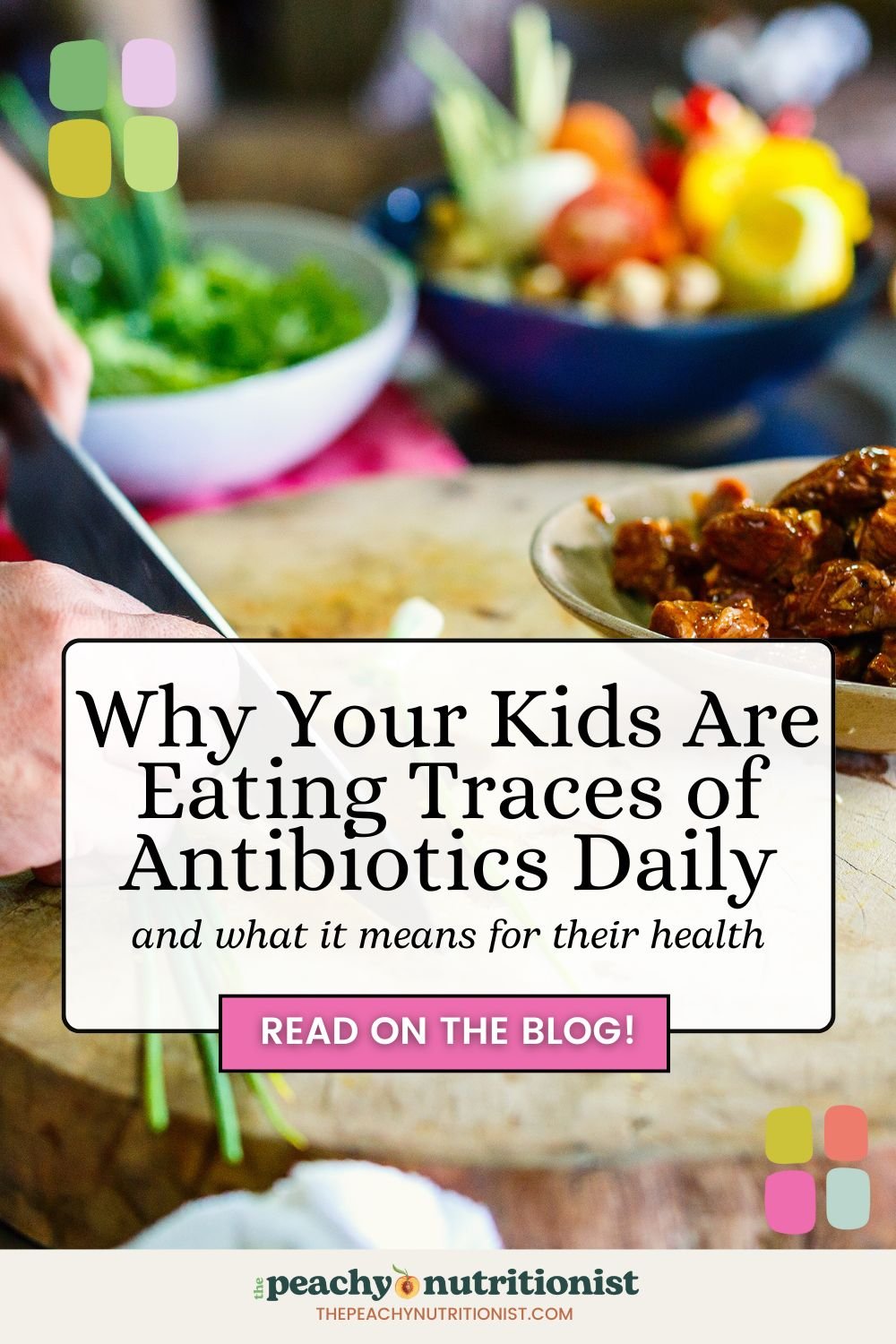
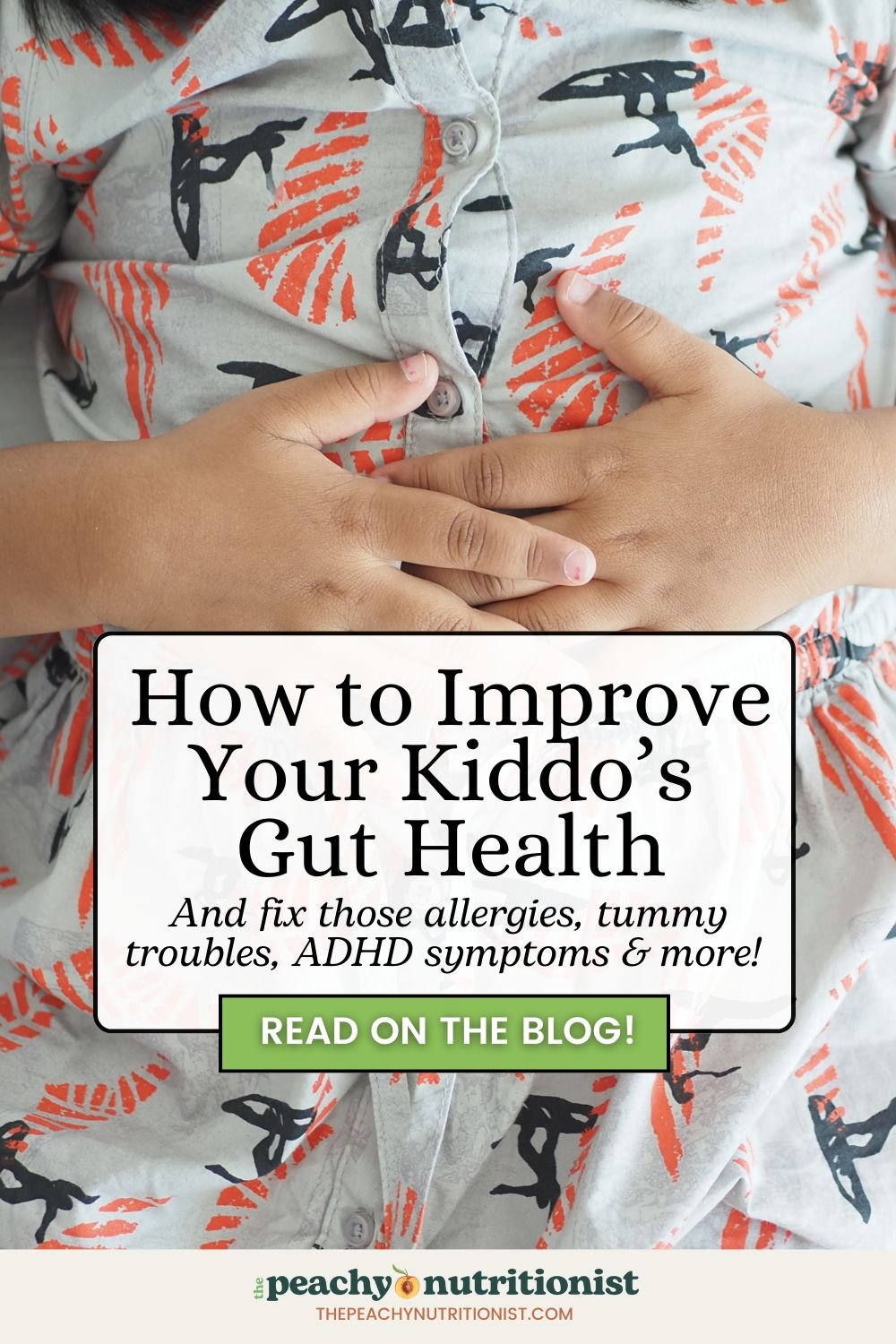
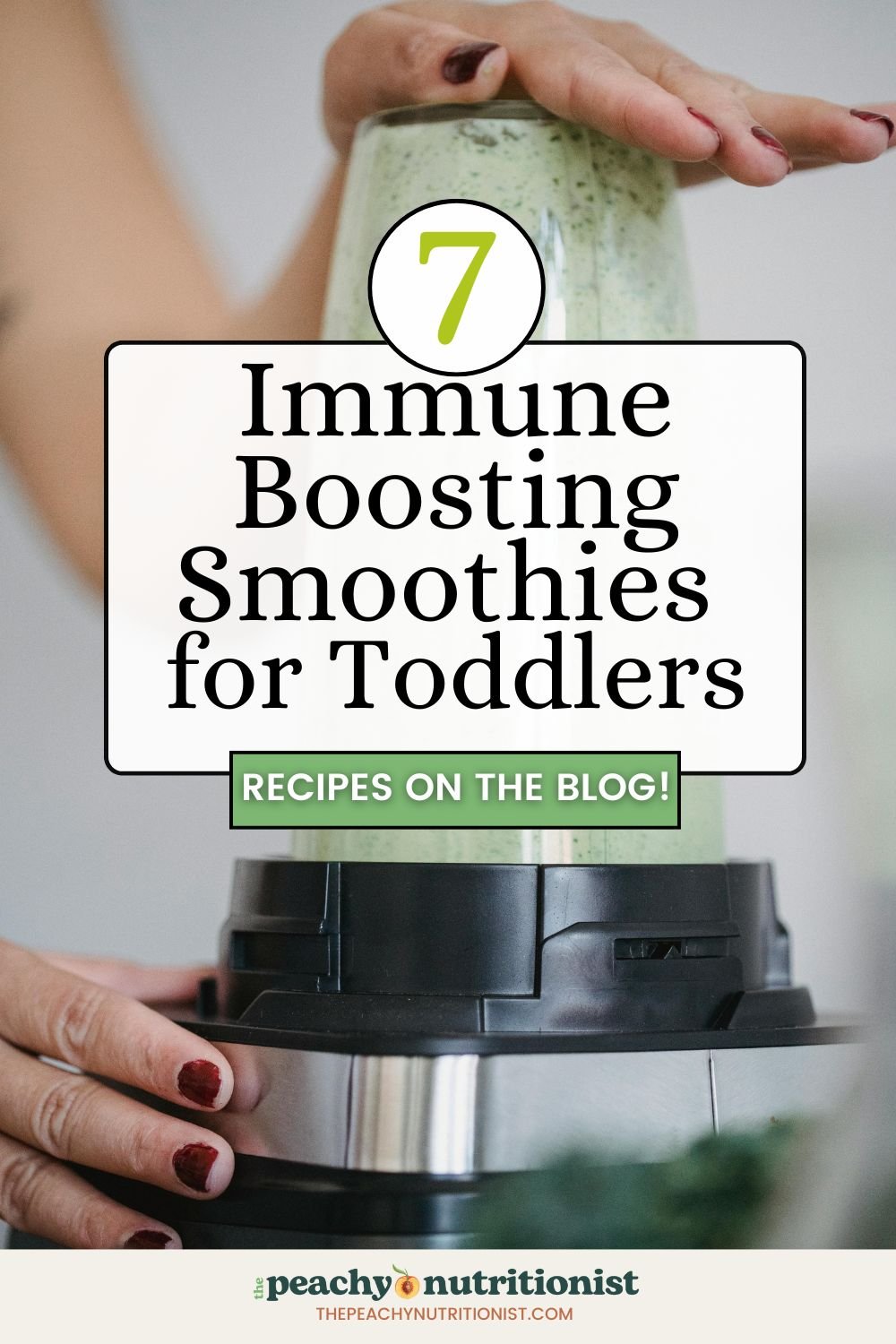
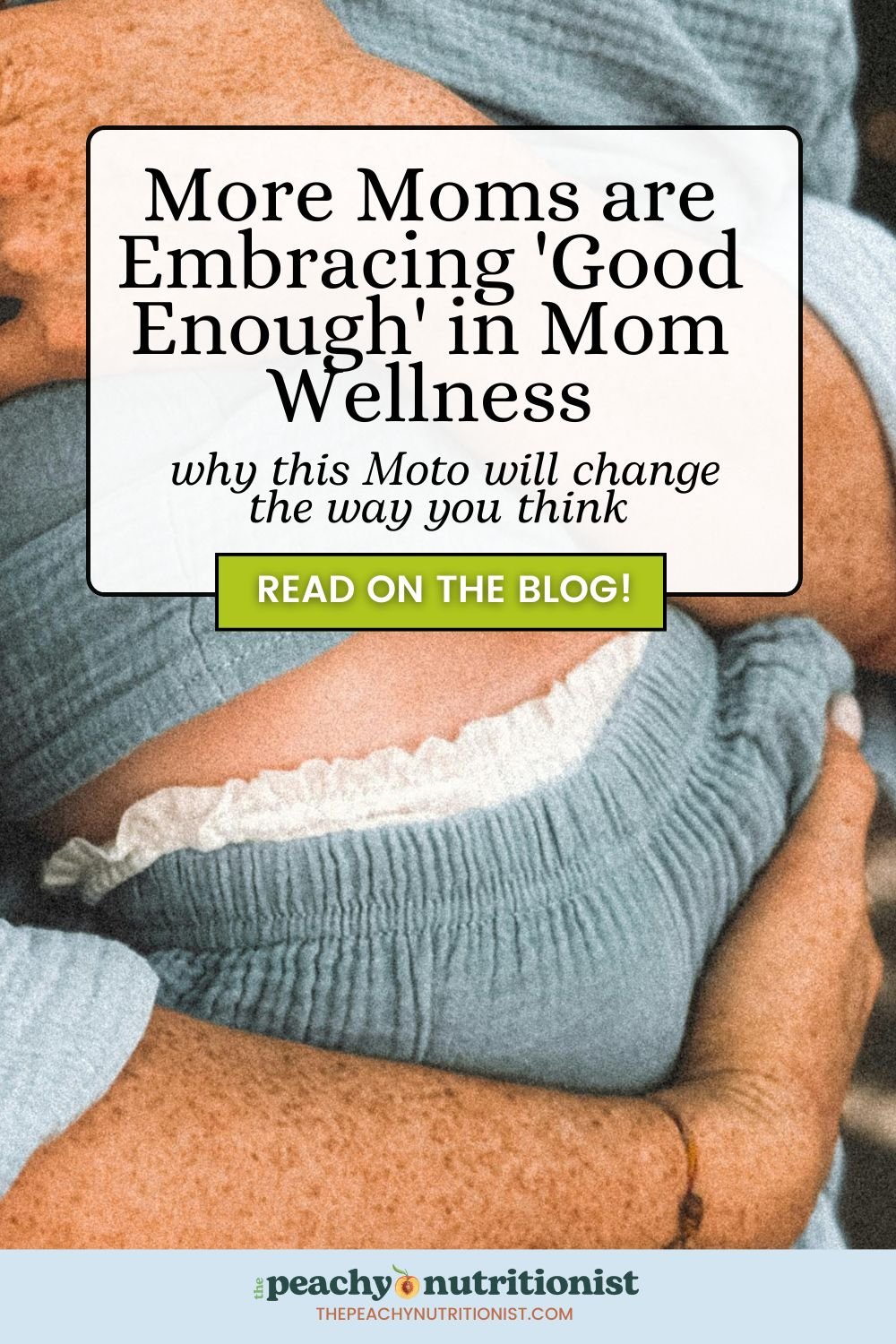

This cozy pumpkin mac & cheese uses organic nutritional yeast for a creamy, kid-approved flavor. A healthy, easy fall recipe your whole family will love.